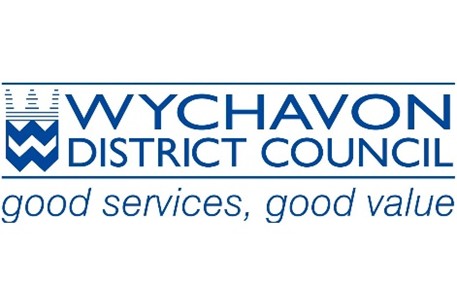Nanotechnology in Farming: Revolutionising Crop Protection and Delivery Systems
Imagine a future where agriculture marries technology at its finest level. This isn’t the stuff of science fiction – it’s happening now with the rise of nanotechnology in farming. This advanced technology opens a new era of sustainable farming, enhancing crop protection and revolutionising delivery systems.
What Exactly is Nanotechnology in Farming?
Peering into the world of the microscopic, nanotechnology in farming employs tiny particles smaller than 100 nanometres in agricultural processes. It’s all about precision control and manipulation on a molecular level, leading to breakthrough applications in crop protection and smart delivery systems.
Nanotech for the Rescue in Crop Protection
Unnecessary chemicals in the environment? That’s the downside of traditional pest control methods. A more efficient and sustainable approach lies in nanotechnology. By creating nanopesticides that focus on specific pests, we can minimise chemical usage and the resultant ecological damage.
It’s not just about pest control. Nanosensors can now be deployed in fields to detect early disease or pest invasion signs. Farmers receive immediate feedback, enabling them to nip any issue in the bud, reducing crop loss and protecting their livelihood.
Nanotech and its Impact on Delivery Systems
The magic of nanotechnology also extends to improving nutrient delivery systems. Nano-fertilisers, which encapsulate nutrients and deliver them directly to plant cells, are a game-changer. These help increase nutrient efficiency, boost crop yield and prevent fertiliser runoff that negatively impacts the surrounding ecosystems.
Nanotechnology also aids in designing smart irrigation systems. By monitoring soil moisture levels through nanosensors, we can deliver the right amount of water to crops, thus promoting efficient water use and avoiding wastage.
The Future and Nanotechnology in Farming
Envisioning a future of robust, sustainable agriculture, nanotechnology in farming stands as an indispensable ally. Its potential to bolster crop protection, reshape delivery systems and endorse sustainable practices underlines its vital role.
Of course, as with all breakthrough technologies, its implementation calls for a balanced approach. Studying potential impacts on health and the environment, and establishing robust regulations, becomes a priority. This approach ensures we leverage nanotechnology’s benefits while managing potential risks.
In the world of agriculture, adopting nanotechnology in farming is a progressive step. This blend of farming and advanced technology can significantly reshape the sector, equipping it for the challenges of the future. It’s about making farming more productive, sustainable, and resilient, all thanks to the wonders of nanotechnology.
Want to learn more?



